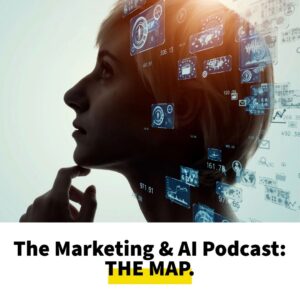Erik Wikander | Source | CEO & Co-founder at Wilgot

Erik Wikander
Listed as one of the world’s top 106 SEO and Digital Marketing experts by Majestic (2024), and recognized as a prominent speaker and influencer in the AI SEO content space including features in publications like Forbes. Erik has helped shape how marketers leverage AI to unlock growth.
With a background in management consulting at PwC, Erik transitioned into the tech and startup space in 2016, taking on leadership roles in various tech companies. As the former CMO of Swedish fintech success Lendify, he played a key role in driving the company’s significant growth and industry-leading customer satisfaction. At Lendify, Erik successfully shifted a significant portion of paid acquisition efforts toward content and SEO, which highlighted the need for AI-based tools to support companies with content marketing. This insight led him to co-found Wilgot, a platform designed to help marketers efficiently create search-optimised content.
-
Wilgot (https://www.wilgot.ai/)
CEO & Co-founder
started Dec 2024 -
Zupyak (https://www.zupyak.com/)
CEO and co-founder
Apr 2022 – Dec 2024
-
-
Episodes - The Marketing & AI Podcast: The MAP
AI is fundamentally disrupting both content marketing and SEO.By 2026,90% of all online content is projected to be AI-generated, according to Europol. So what opportunities does this create for marketers? In this episode, we speak toErik Wikander, co-founder and CEO ofWilgot.ai, a start-up redefining how high-quality content is created and scaled in the era of...
Podcast -
TechCrunch
Avoid the safety of ordinary products and aim for innovation and distinctiveness. Dare to be different and push boundaries.
Article
-
AI Assistants Reshape SEO: Insights from Erik Wikander
Erik notes, “Website SEO is changing fast. With AI assistants like ChatGPT, content must be clear, trustworthy, and easy to quote. If a website isn’t structured for AI citation, it risks invisibility.” As AI becomes integral, websites must adapt to conversational search dynamics. -
AI-Powered Browsers: Revolutionizing Search Beyond Google's Reach
Erik highlights that AI browsers like OpenAI's upcoming launch offer synthesized, contextual answers, unlike traditional search. While Google remains dominant, AI browsers provide intuitive experiences by understanding various formats and remembering user history. Erik says, "The future of content isn’t about ranking high on SERPs, it’s about being trusted, citable, and present in AI-native experiences." -
AI Browsers: A New Era in Web Search Challenges Google's Reign
Erik notes, “AI browsers offer synthesized, contextual answers, transforming search into an intuitive experience.” While Google's dominance remains strong, the shift towards direct answers could expose vulnerabilities. Resistance to change is expected, but as AI browsers prove more useful, this will diminish. The rise of AI browsers challenges the ad-funded web model, urging brands to adapt.



